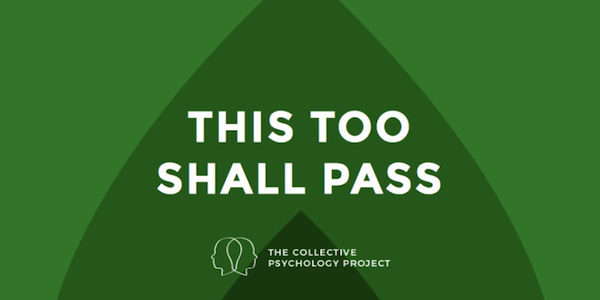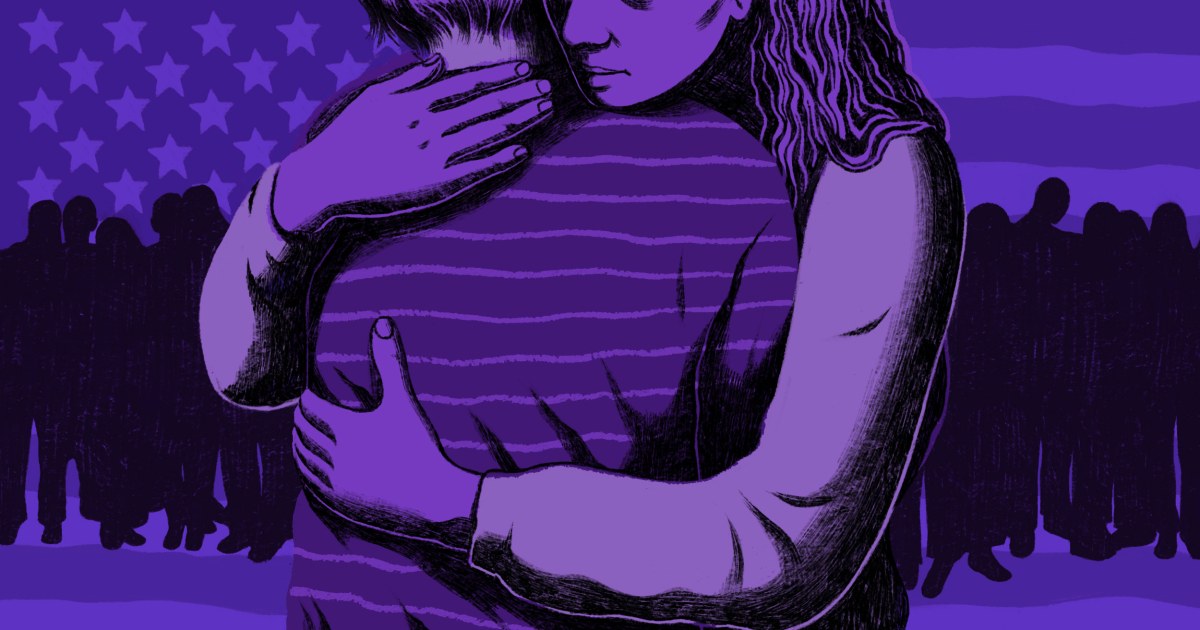Prepare for a new pandemic of pain
As our ancestors before us have found, grief and pain also have gifts to offer us.
Millions of people around the world are feeling the excruciating pain of loss.
The saddest thing about this loss is that in almost every case where a family member died of covid-19 - they did so alone...in isolation.
Family members said their goodbyes via Zoom. And then they needed to get spacial permission to attend a small funeral.
I personally know of a couple, who during lockdown level 3 - drove from Pretoria to Cape Town, because a grandfather had fallen and needed to go to hospital.
While in hospital for the fall he contracted covid-19 and died a few days later.
The couple were not even able to physically grieve with the rest of the family here in Cape Town.
Everyone needed to maintain their isolation from each other and they duly followed the rules.
A week later the couple drove back to Pretoria - alone, without having even physically seen anyone else in the family. How tragic?
This isn't a unique story, it's the same everywhere around the world.
What does this insane level of grief and loneliness do to people?
What happens, when collectively as a planet of people, we are affected psychologically like this?
Global leaders are more concerned about the future of the economy than they are about the collective grief that people are enduring, but what hope is there of an optimistic rebound in economics in the future if people themselves are walking through their own versions of hell right now?
In a stirring essay by the Collective Psychology Project - they suggest a return to the solutions offered by our ancestors who have been through these kinds of periods of tragedy before.
But for all that we feel our situation to be unprecedented, we as humans have faced cataclysms like this many times before. To make sense of cataclysmic crises, we need to look to our ancestors. In particular, we must look to myths, the shared stories that helped them to understand and confront past disasters, which continue to surface in popular fiction and film today.
Global grief is something that is largely being ignored, but may be a radical catalyst of anger and resentment that unfolds in wild and catastrophic ways if it is not recognised and addressed.
Read the rest of the essay here:

More:




